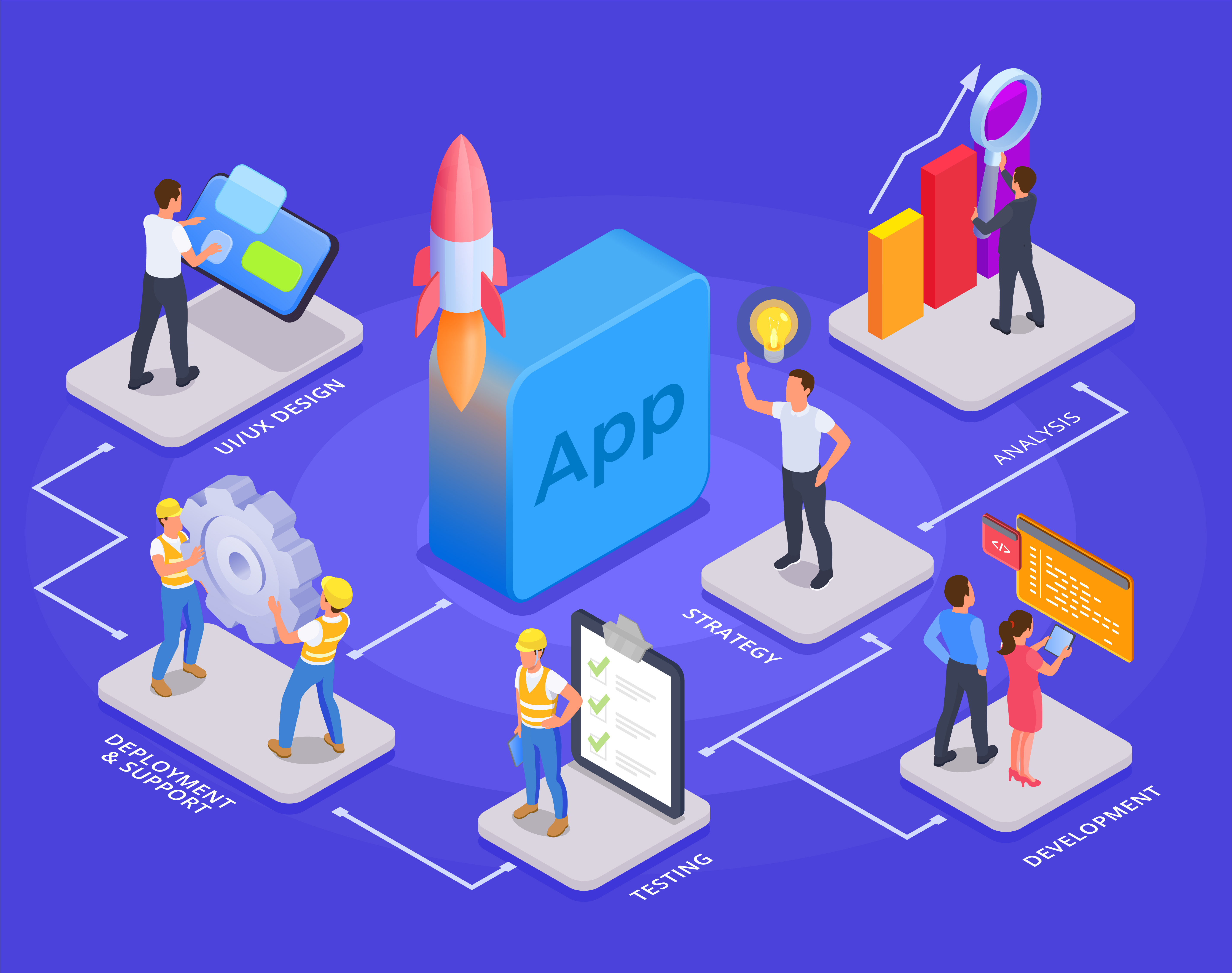Developing AI Models in the UAE: A Comprehensive Guide

Strong 8k brings an ultra-HD IPTV experience to your living room and your pocket.
Artificial Intelligence (AI) is transforming industries across the UAE, from healthcare and finance to smart cities and logistics. The UAE government has made significant investments in AI, positioning the country as a global leader in AI research and development. If you're looking to develop AI models in the UAE, this guide will walk you through the key steps of how to develop ai models.
1. Understanding the AI Landscape in UAE
The UAE has established initiatives such as the UAE AI Strategy 2031 and the Mohamed bin Zayed University of Artificial Intelligence (MBZUAI) to drive AI adoption. Companies and startups benefit from AI-friendly regulations, funding opportunities, and access to advanced infrastructure like cloud computing and 5G networks.
Additionally, the UAE government has launched AI-powered projects such as Smart Dubai, which leverages AI for enhanced governance, and Dubai Future Foundation, which fosters AI innovation. These initiatives create an ecosystem where businesses can thrive using AI technologies.
2. Defining the Problem Statement
Before developing an AI model, clearly define the problem you aim to solve. Whether it's predictive analytics, natural language processing (NLP), computer vision, or reinforcement learning, identifying a well-defined problem ensures that the AI model aligns with business and industry needs.
To define the problem effectively:
Conduct thorough research on market gaps and opportunities.
Engage with stakeholders to understand their challenges.
Assess existing solutions and identify improvements AI can bring.
3. Collecting and Preparing Data
Data is the foundation of AI, and gathering high-quality datasets is crucial for success. Follow these steps:
a. Identify Data Sources:
Structured Data: CRM databases, financial records, IoT sensor data.
Unstructured Data: Social media posts, customer reviews, video footage.
Public Datasets: Government datasets, open-source AI datasets.
b. Data Privacy Compliance:
Ensure compliance with UAE’s Personal Data Protection Law (PDPL) and global standards such as GDPR.
Implement data anonymization techniques where necessary.
c. Data Preprocessing:
Cleaning: Remove duplicates, handle missing values, and correct errors.
Normalization: Standardize numerical data to improve model accuracy.
Data Labeling: If using supervised learning, annotate data for better training results.
4. Selecting the Right AI Framework and Tools
Developers in the UAE can leverage popular AI frameworks such as:
TensorFlow – Ideal for deep learning models, supported by Google.
PyTorch – Preferred for research and production-ready AI models.
Scikit-learn – Best for traditional machine learning models.
Keras – Suitable for rapid prototyping of deep learning models.
Hugging Face – Leading framework for NLP applications.
5. Training and Evaluating the AI Model
Once the data is ready, training the AI model involves selecting appropriate machine learning algorithms. Some popular algorithms include:
Decision Trees – Used for classification and regression tasks.
Neural Networks – Suitable for deep learning applications like image and speech recognition.
Support Vector Machines (SVMs) – Effective for text classification and pattern recognition.
Gradient Boosting (XGBoost, LightGBM) – Optimized for high-performance machine learning tasks.
Training Process:
Split the dataset into training (70%), validation (15%), and test sets (15%).
Fine-tune hyperparameters using techniques like Grid Search or Bayesian Optimization.
Evaluate the model using metrics such as accuracy, precision, recall, and F1-score.
6. Deploying the AI Model
Deploying AI models in the UAE requires cloud computing or edge AI solutions. Popular deployment options include:
Microsoft Azure AI – Used for cloud-based AI solutions, with UAE data centers.
Amazon Web Services (AWS) AI – Offers scalable AI and machine learning services.
Google Cloud AI – Provides AI-driven analytics and automation tools.
On-premises deployment – Ideal for data-sensitive applications requiring maximum security.
Edge AI solutions – For real-time processing in IoT and smart city applications.
7. Ensuring AI Ethics and Compliance
The UAE has strong regulations regarding AI ethics and data security. Developers should adhere to the following principles:
Transparency & Explainability: AI decisions should be interpretable to stakeholders.
Bias Mitigation: Avoid discrimination in AI algorithms by ensuring diverse training data.
Security & Privacy: Implement encryption and secure access controls to protect sensitive data.
Regulatory Compliance: Align AI development with UAE’s AI governance framework.
8. Continuous Learning and Model Optimization
AI models require continuous updates to remain effective. Best practices include:
Monitoring Model Performance: Track key metrics like drift detection and error rates.
Retraining with New Data: Update models as new trends and patterns emerge.
Model Explainability Tools: Use tools like SHAP (SHapley Additive exPlanations) to improve interpretability.
Conclusion
Developing AI models in the UAE presents immense opportunities due to government support, technological infrastructure, and a thriving AI ecosystem. By following a structured approach—identifying the problem, collecting quality data, choosing the right AI framework, training models effectively, and ensuring ethical compliance—you can build robust AI solutions that align with the UAE’s vision for artificial intelligence.
If you're looking to develop AI models in the UAE, partnering with leading AI development companies, government-backed research institutions, and cloud service providers can further enhance your project’s success.
Note: IndiBlogHub features both user-submitted and editorial content. We do not verify third-party contributions. Read our Disclaimer and Privacy Policyfor details.







